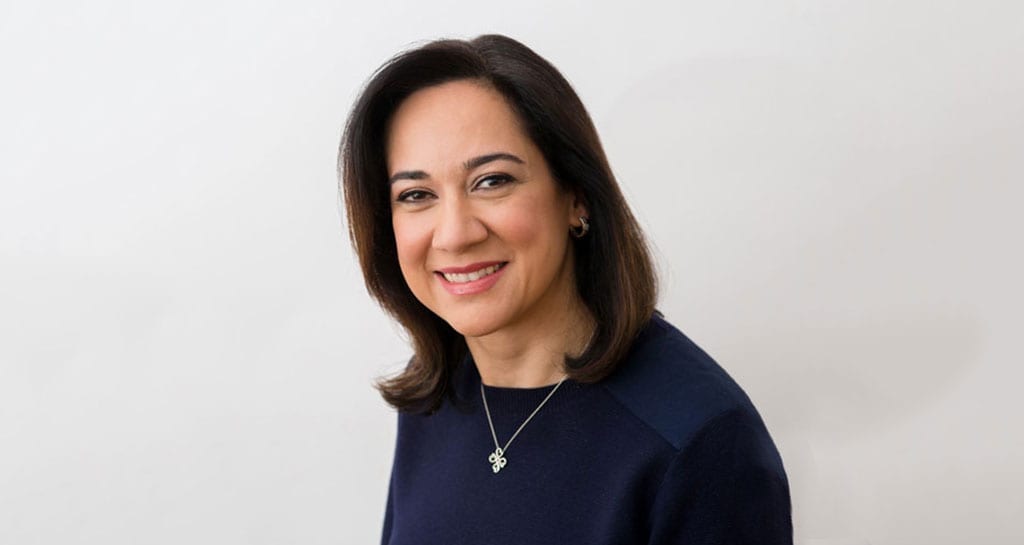“Pearson is spying on kids” was the statement dominating this week. But the reality is that Pearson, like most major corporations, is involved in social media monitoring. Companies do this monitoring so that they can improve their product, provide better service or promote their brand. One could say that we should expect for major corporations to monitor our online activity when we mention their brands on social media. However, in this particular case, Pearson is not just randomly collecting everything anyone says about the test, but in fact monitoring to identify and track anything that appears to be a violation of the test integrity. In this case, the student’s tweet describing a particular test question. Further, testing companies actually have an affirmative duty to do this monitoring imposed by contract or other methods in order to ensure that schools can rely on the validity of the test results.
But for me, what is most important is the fact that we have engaged in the debate whether this practice is or isn’t acceptable while completely ignoring how students feel about this. Have we stopped to think if students care or, dare we say, expect it even? You see, as adults we can express our outrage over a multinational corporation monitoring students but are we speaking for students or for ourselves? Is this our outrage or the students?
I talk with students all the time, from elementary school age kids through college and their responses are vastly different. College students know and expect for their social media activity to be monitored, watched, some even do all they can to be noticed. K-12 students think differently. They expect to be watched by their teachers, parents, peers etc. but certainly do not expect companies monitoring social media to see who mentioned a test. And here is where it gets interesting. I asked some 5th grade students how they would feel if they posted something online and it became public information. They said that everything they do is seen by their parents and their parents are always posting things about them anyway. They expect someone to be looking at what they do all the time. So have we conditioned kids to expect to be monitored and tracked? Have we unconsciously blurred the lines between private and public for kids so much that they expect to be watched all the time? We have created an atmosphere of mistrust because we don’t trust the education and technology sector. How do we teach students to trust the technology in their schools? As many noted on Twitter, there is outrage over Pearson monitoring discussions about a test but deafening silence about constant social media monitoring students of color. There are so many instances of social media used for profiling that it is difficult to understand why it’s ok to monitor a certain group of students but not another. We need to examine online profiling and what we are doing by wanting to protect some students.
But more importantly, we must listen to students so we understand what privacy means to them and what they expect we give them when it comes to privacy protections. Students will still talk about tests. It’s what kids do. They will just do it in true private venues, in person, whispering in the backyard so that adults leave them alone. What opportunities are we missing by not acknowledging students in this debate? The issue about social media monitoring is about much more than one company concerned about one tweet. The issue is how do we come to terms that social media monitoring is persistent even in the education sector, it’s about establishing what is ok to monitor and what is not.


